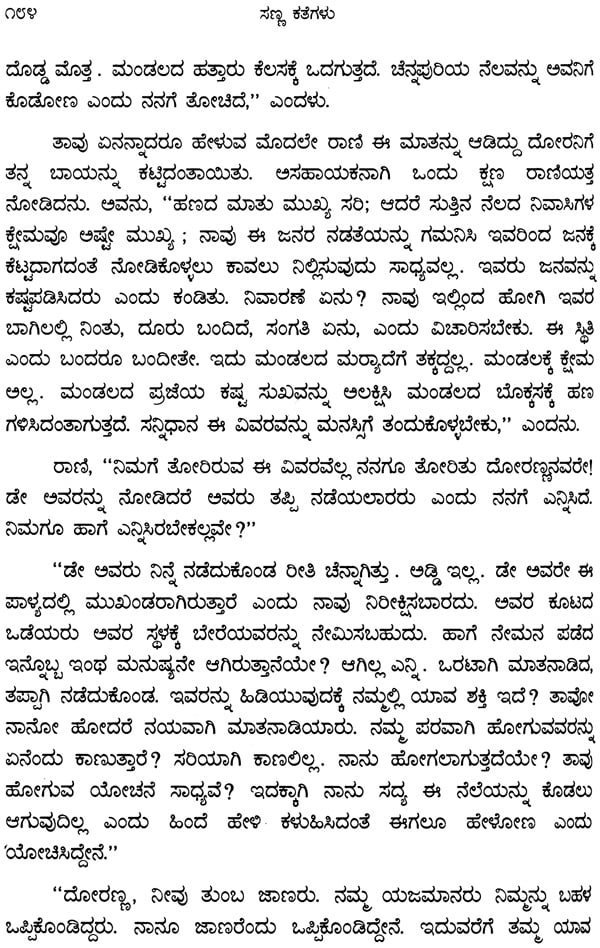

The Panchatantra ( IAST: Pañcatantra, Sanskrit: पञ्चतन्त्र, "Five Treatises") is an ancient Indian collection of interrelated animal fables in Sanskrit verse and prose, arranged within a frame story. He further states that the Sanskrit version by Vasubhaga Datta (who replaces Vishnu Sharma as the putative author in several of the "Southern" versions ) was a selection of "five stories" from the Paishachi original, and hence the name Panchatantra ("The five stratagems").A Panchatantra relief at the Mendut temple, Central Java, Indonesia This story was later reproduced as Brihatkatha in Paishachi by Gunadhya, a reincarnation of Pushpadatta, and a court poet of king Shalivahana. However, Durgasimha (or his source) puts forward his own legendary textual history, based on the assumption that the Panchatantra was originally part of the Brihatkatha (when in fact "t appears that the original Bṛhatkathā did not include the Pañcatantra, but a later version made in Kashmir or north-western India seems to have inserted the Pañcatantra into its repertoire of stories" ).ĭurgasimha's version states that Pushpadatta, a chief attendant of the Hindu god Shiva overheard Shiva telling his consort Parvati a great story. Durgasimha's translation is based on the so-called "Southern Panchatrantra" - a version closely resembling the original, which also engendered several other Indian vernacular versions, as well as the Hitopadesha. Within the text its putative author is often given as Vishnu Sharma, but there is no evidence indicating this to be a real person, as opposed to a fictional story-telling figure.

For a content comparison of various versions of the Panchatantra, see List of Panchatantra Stories.Īlthough the original text of the Panchatantra is lost, it was evidently an independent work written in Sanskrit around 300 CE (give or take a century or two).


 0 kommentar(er)
0 kommentar(er)
